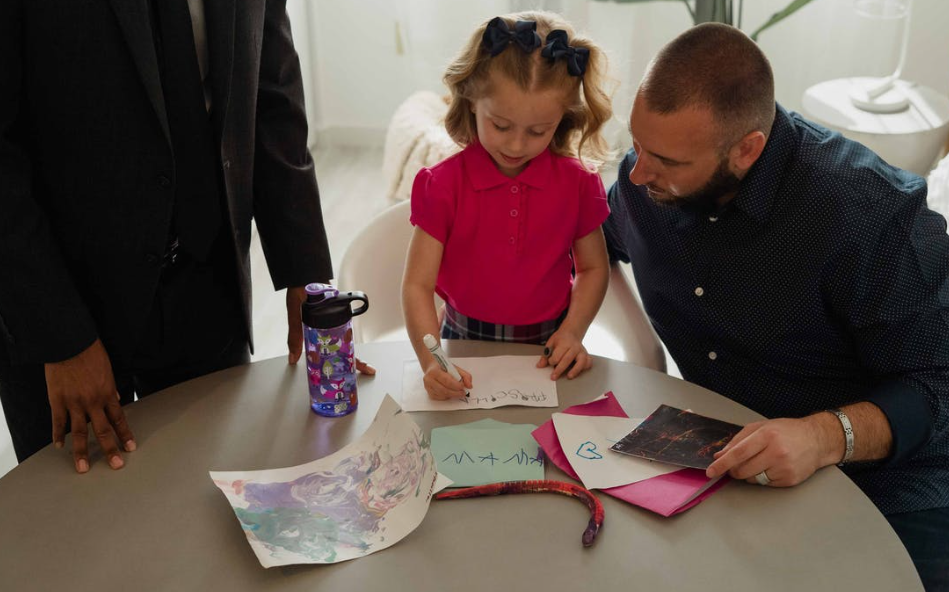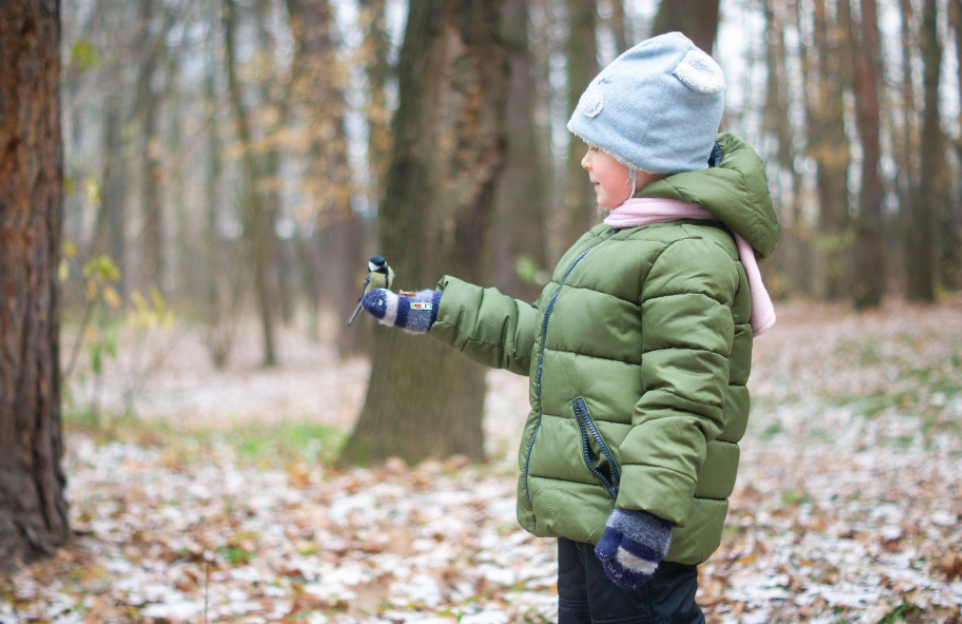This post is all about Promoting A Life Of Learning Outside Of School. It’s only natural for parents to learn to rely on the classroom when it comes to the majority of their child’s education. We think of it as the formal place for education, but that doesn’t mean that it’s the only place you can help them learn.
Children need to learn beyond the classroom, in part because you have to support their education but also because there are some things they’re not going to learn there. Here are a few ways you can make sure that your child gets the full learning experience they should have as they grow.
Promoting A Life Of Learning Outside Of School
Good learning habits at home
First of all, let’s address the learning that they do at home that is very much a continuation of what they learn at school: homework. Creating good homework routines and effective environments where they can study and do homework at home is going to be vital.
They should not have to compete with distractions and intrusions that can make it difficult for them to engage fully with their learning.
And, if your child needs a tutor, then you should look into getting one. However, finding the right tutor for your child can be tricky but tutormap.com makes finding the right tutor for your child, easy.
You also might need to get strict about TV time and playtime to make sure that homework always gets the priority that it needs. That said, if you think your child is getting too much homework, it’s worth bringing it up in parent-teacher meetings, too.
Ask questions
You can help your child learn simply in the way that you talk to them from day to day. From an early age, you can help them better develop their language skills and their ability to communicate more complex topics by asking them open-ended questions.
Regarding developing language skills, there are also language learning apps for kids, which enable them to learn language fast.
For instance, instead of asking if they like their teacher at school, you can ask them what they do and don’t like about their teacher.
This is how you get your child to move from basic thinking skills to higher-order thinking skills, including logical reasoning and social thinking.
Reading is always worth it
No matter what age your child is, reading is an activity that you should be sharing together. Whether it’s just you reading to them, reading alongside them with stops to explain the meaning of words, or having them with you and then talking about the larger concepts at play, reading is always going to be a huge head start for the kids that do it with their children.
Take a look at how reading to children helps them grow and thrive from helping them develop bonds with you to helping them grasp language skills much younger than they might, otherwise.
You’re never too old to have a reading experience with your children and the sooner you start, the better the chance that you will teach them a love of reading.
Get them into writing
If you want to combine the higher-order thinking skills we get from responding to open-ended questions with the language skills taught through reading, then writing is the perfect way to do it.
One of the most valuable habits you can teach your child is that they can write in a journal, which helps them observe their own day, what they did, and what they thought about it.
You can also try various writing exercises to help them get a better sense of empathy and how to emotionally connect with other people and creatures. Writing a story from the perspective of an animal is a good exercise for doing that in particular.
Watch educational TV shows
Storytelling can play a huge role in helping children understand concepts and lessons that might be difficult to teach them otherwise.
If you’re already reading to them then there is a good chance that you’re already engaging with this form of learning. However, some children don’t grasp concepts as well through reading as they might through watching and listening.
You want to avoid turning the TV into a replacement for active learning experiences with you as their parent. Still, there are plenty of great educational TV shows, as well as educational YouTube channels that can help you reinforce the lessons you are teaching through daily life.
Just be sure to monitor what your children are watching as it’s very easy to stumble into content that isn’t appropriate for all ages, especially through the internet.
Play with educational toys
In some way, almost all play has an educational function. Playing “pretend” helps them grow not just their imagination, but their ability to envision and manifest concepts that they will come into contact with through everyday life.
There are educational toys to help a child at every stage of development, whether it’s basic hand-to-eye coordination, matching shapes, or getting into the more complicated things for older children like learning the basics of electricity, using geometry to create complex 3D models, or even little science experiment kits.
Just understand which of them are most age-appropriate for your children and don’t give them anything that could be potentially dangerous for someone of their age.
Take it outside
When we talk about learning outside of the classroom, we don’t just mean learning apart from the educational experience.
It’s a good idea to actually get your child out and engage with the world around them. This is the best way to help them better grasp ideas that aren’t going to be found in their homes and classrooms.
For instance, you can find a national park near you or just any woods or natural spot that has a learning center attached to it. You can better explain concepts regarding wildlife and the environment when you’re out in the middle of it all, after all. There are even apps you can use to help identify local wildlife, which can help you teach them concepts about how flora and fauna survive.
Step into some history
There are other places to go for learning opportunities besides spots of natural beauty and untamed nature. As your child starts to learn more about their place in the world and society, they are also going to start grasping lessons about history.
To that end, finding history museums near you can be the perfect opportunity to help start to grasp the years of history and events that came before them and how we got to where we are today.
The vast majority of museums will have educational tours and programs that you can go on, together. Make a field trip out of your lesson to make it even more exciting for your kids.
Board Games!
Chess is often called the oldest, if not one of the oldest, board games in history, with ancient variations being found everywhere from India to Proto-Norse cultures.
It has always been the thinking adult’s game, but it can have profound effects on children who get into it as well. Chess has a huge host of benefits for a child’s learning, allowing them to improve their logical thinking, teaching them high-concept problem solving, and strategic planning for future events.
It also teaches a great deal of discipline, since it’s not an easy game to learn in one sitting. Teaching children chess is not easy, and there are online tools that you can use to teach your child chess. It’s important not to pressure them too much if they’re having trouble getting into it, however.

Mix it with some exercise
If you have been learning some concepts with your child lately and you want to make sure that they are grasping them fully and effectively, then one trick is to use active learning.
Active learning often refers to the practice of asking questions, solving problems, and getting into interests that help them with their education, but it can also mean literally learning while getting active.
Find ways to exercise with your child, whether it’s going cycling with them, playing sports, or otherwise. These activities can quite naturally get your child’s brain turning and they will often come up with questions and ideas that they want to explore while being active.
Consider the skills not taught in the classroom
The classroom might teach children a lot, but most of it is geared toward helping them eventually find a career they can use to support themselves.
However, your child will do much more than their job when they grow up. They’re going to need to know how to cook, how to clean, how to manage their money, and more.
Think about the practical lessons you should be teaching your child at their age. You can use chores to teach a lot of them, or you can make cooking and baking together into a fun-time activity. You might want to consider waiting until they’re a little older until you teach them about money, such as how to save it.
You don’t simply want to replicate the lessons and methodology used inside the classroom. You should take advantage of ways of learning so that your child grows into a healthy, well-rounded individual even if they don’t always realize there’s a lesson in the things that you’re doing with them.


